Mary did not dare to report to the police when her daughter was attacked in Manipur state, but decided to speak up because she feared she would no longer have the chance to punish the perpetrator.
Two months ago, Mary’s 18-year-old daughter was kidnapped and gang-raped by a group of strangers. The next morning, the girl was thrown back in front of her house, brutally beaten.
"The attackers threatened to kill my daughter if she spoke out," Mary said outside the shelter where her family has been staying since ethnic clashes broke out between the Meitei and Kuki communities in Manipur, a northeastern Indian state, in May.
For two months, Mary did not dare to report what happened to her daughter to the police. However, everything changed after a video went viral and caused outrage in India and the world.
In the video, two Kuki Christian women are seen being escorted naked and at times molested by a group of men on a village road in B Phainom, Kangpokpi district, Manipur state, on May 4. Village chief B Phainom accused the attackers of being Meitei Hindus.
The video has sparked outrage and protests in Manipur. The US State Department on July 23 called the incident “brutal” and “horrific” and said Washington sympathized with the victims. Indian authorities have arrested six men in connection with the incident.
The story spurred Mary into action. “I thought if I don’t do this now, I’ll never get another chance. I’ll always regret not trying to bring my daughter’s attackers to justice,” she said.
Mary said her daughter had thought about suicide, but she tried to reassure her that she could still turn her life around.
Chiin Sianching, 19, fears she could face a similar fate. She and a friend were discriminated against for being from the Kuki community and attacked in the dormitory they stayed in while studying nursing in Manipur's state capital Imphal.
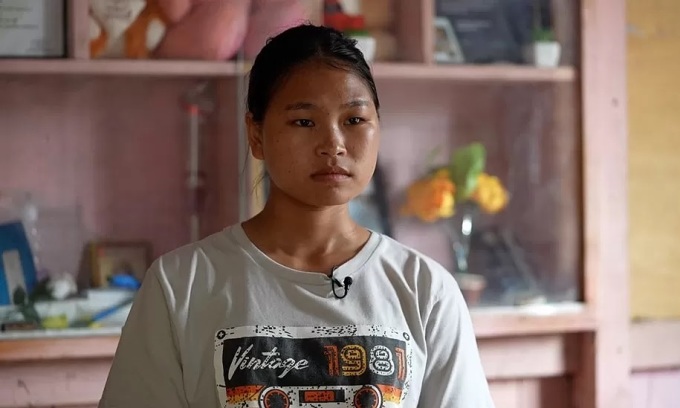
Chiin Sianching, a victim of ethnic conflict between the Meitei and Kuki people in Manipur, India. Photo: BBC
“The crowd kept banging on the door and shouting that the Kuki men had raped their women, so now they would do the same to us,” she said.
Chiin called her mother and said it might be the last time they would speak. Minutes later, the two girls were dragged out into the street and beaten unconscious. The crowd only fled when they thought they were dead. Police realized the two girls were still alive after checking their pulses.
Unconfirmed reports of several Meitei women being sexually assaulted by Kuki men prompted a Meitei mob to attack Chiin and her friend.
The situation worsened after clashes broke out, turning the two communities that once lived side by side into enemies. Tensions began to rise after a court ruled that the government should consider extending welfare benefits the Kuki enjoyed to the Meitei as well.
The Kukis, along with other ethnic groups such as the Nagas and Zomis, who make up more than 40 percent of Manipur’s population, staged a protest on May 3 against the ruling. Thousands of protesters reportedly attacked the Meiteis, sparking a series of tit-for-tat clashes.
The Meitei and Kuki communities erected barricades at village entrances and men of both ethnicities engaged in bloody clashes, leaving more than 130 people dead, 352 injured, and some 60,000 people forced to flee their homes to shelters.

Fire on the street after clashes between Meitei and Kuki people in Manipur in June. Photo: PTI
However, the video of two Kuki women being forced to parade naked prompted Meitei women to take to the streets in protest, notably the Meira Peibi group, also known as the "mothers of Manipur".
The group has been protesting against human rights violations and the mistreatment of women in the state. Sinam Surnalata Leima, leader of Meira Peibi, said that villagers themselves handed over to the police the prime suspect in the forced parading of two women naked. Meira Peibi members even set fire to his house.
"The act of burning the house is a symbol of the community's condemnation of the heinous crimes committed by those men. Their actions cannot tarnish the honor of the entire Meitei community," Ms Leima said.
The suspect's wife and three children were banished from the village.
Explaining the actions of Meitei men in a community that values women, Ms. Leima said "it comes from grief and the desire to avenge Meitei women who were attacked by Kuki men."
Ms Leima said she had not personally recorded any such attacks, but said Meitei women would never talk about them because they considered it shameful.
State police said there had been no reports of violence against Meitei women since the conflict began, but a community spokesman said many attacks went unreported.
“Meitei women fear that reporting violence against them will tarnish their dignity,” said Khuraijam Athouba, a member of the Meitei organization Cocomi.
The brother of one of the Kuki women forced to parade naked is devastated by what happened. The mob that stripped and sexually assaulted his sister also killed their father and younger brother. He and his mother escaped death because they were visiting a family in another village when the attack broke out.
The 23-year-old wants all the mobs arrested, especially those who killed his father and brother. "I want both communities to be treated fairly," he said.
Villagers burn down house of prime suspect in case of forced naked parade in Manipur state, India. Video: Reuters
Trust in the government and local authorities appears to be waning among both communities. N. Biren Singh, the chief minister of Manipur state and a Meitei, has pledged “severe punishment for those found guilty and the death penalty is not ruled out.” But when asked about calls for his resignation over his failure to resolve the conflict, he said, “My job is to bring peace to the state and punish the wrongdoers.”
Indian Prime Minister Narendra Modi only spoke out about the ethnic conflict between the Kuki and Meitei people after the video of the two women caused outrage across the country. "What happened to the women of Manipur is unforgivable," he said.
But for Ms Leima, the statement made her Meitei community look bad and showed they had been ignored since violence erupted in May.
“The prime minister speaks only when Kuki women are attacked. What about all that we are facing? Are we Meitei women not citizens of India?” she said.
Meanwhile, observers say the shocking video has helped draw Indian public attention to the ongoing ethnic conflict in Manipur.
“Without this video, we wouldn’t have gotten as much attention from the government and other political parties,” said Gracy Haokip, a researcher who works with conflict victims, including Chiin Sianching.
She said it would give victims of attacks the courage to share their stories, while trying to rebuild their lives.
Chiin gave a speech to women in her Kuki community, in which she said "my mother told me that God had a reason for sparing my life, so I decided not to give up on my dream".
Thanh Tam (According to BBC )
Source link


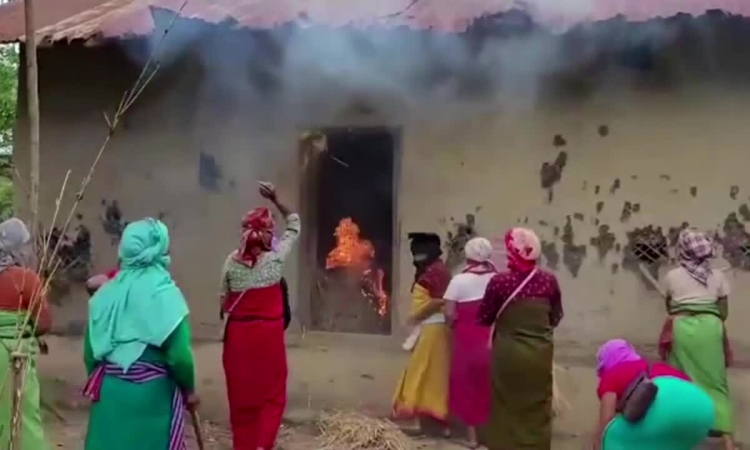




























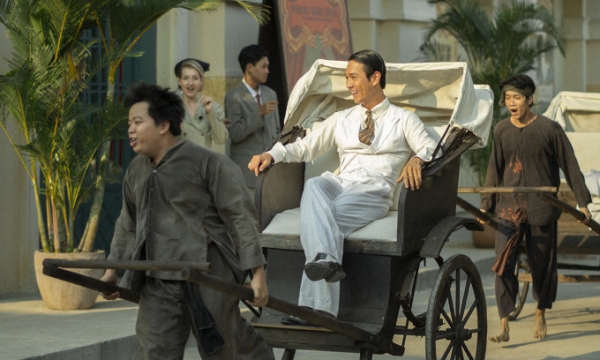
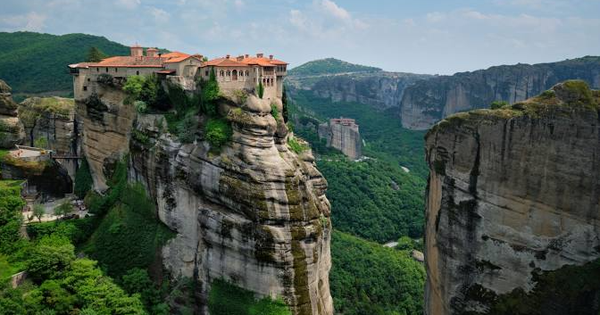



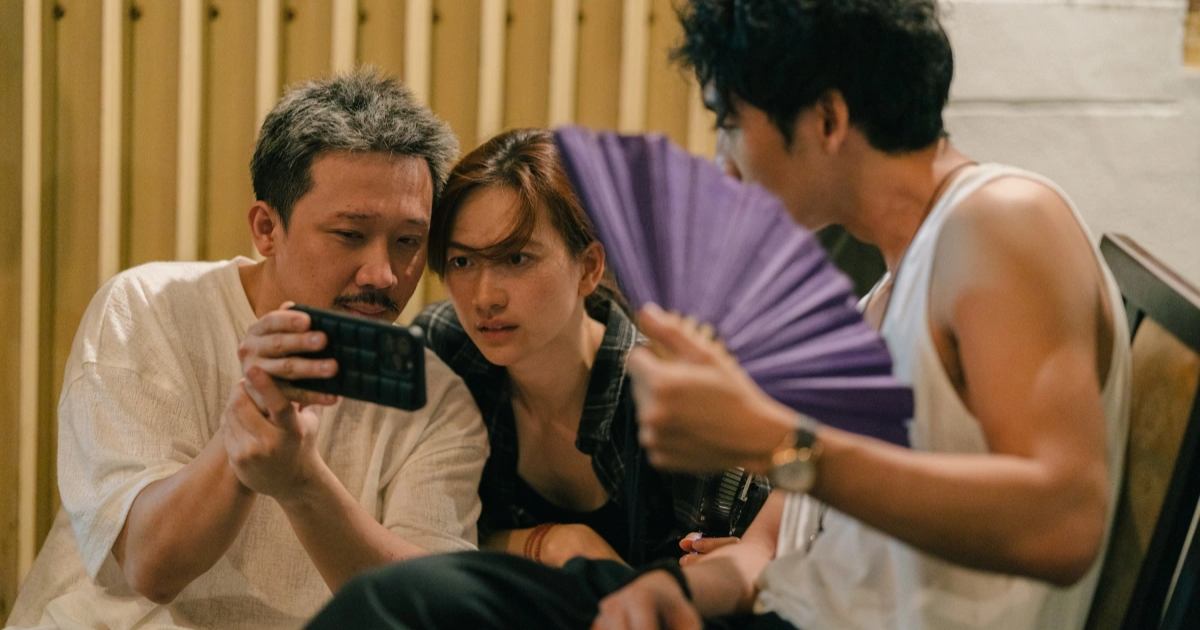



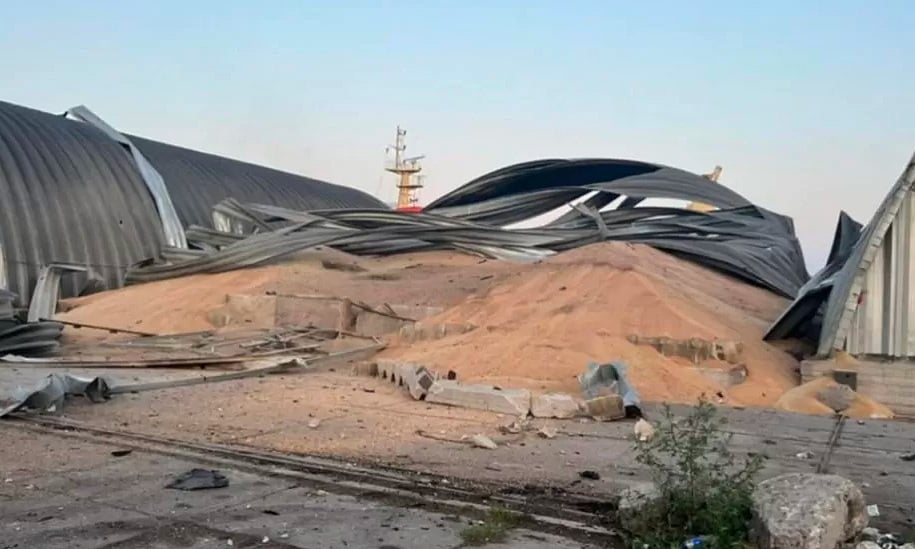
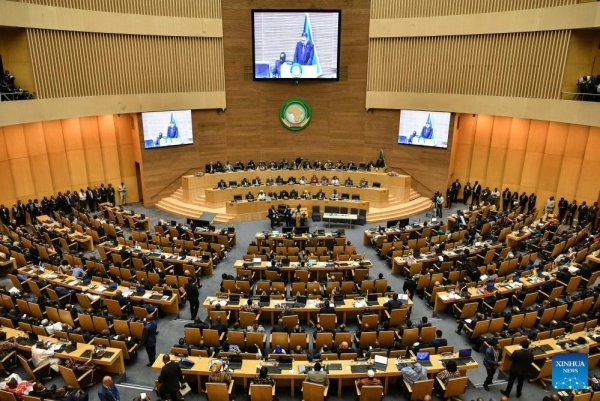

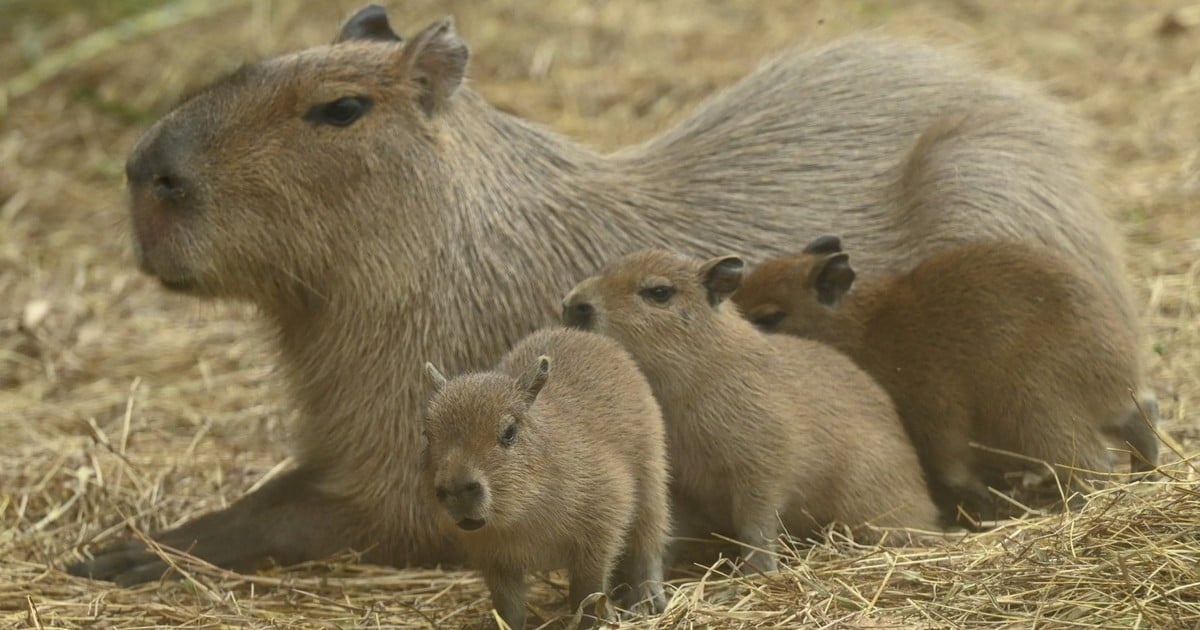
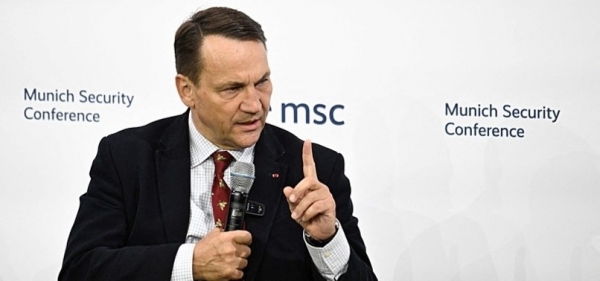
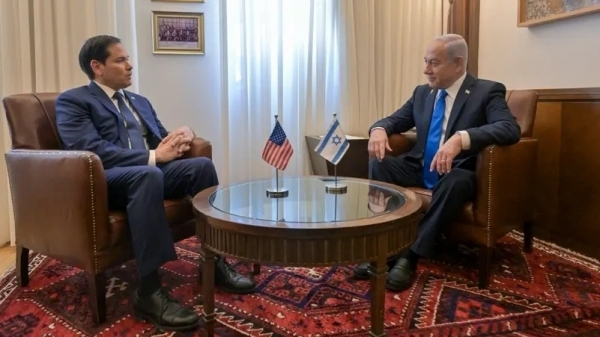




















Comment (0)